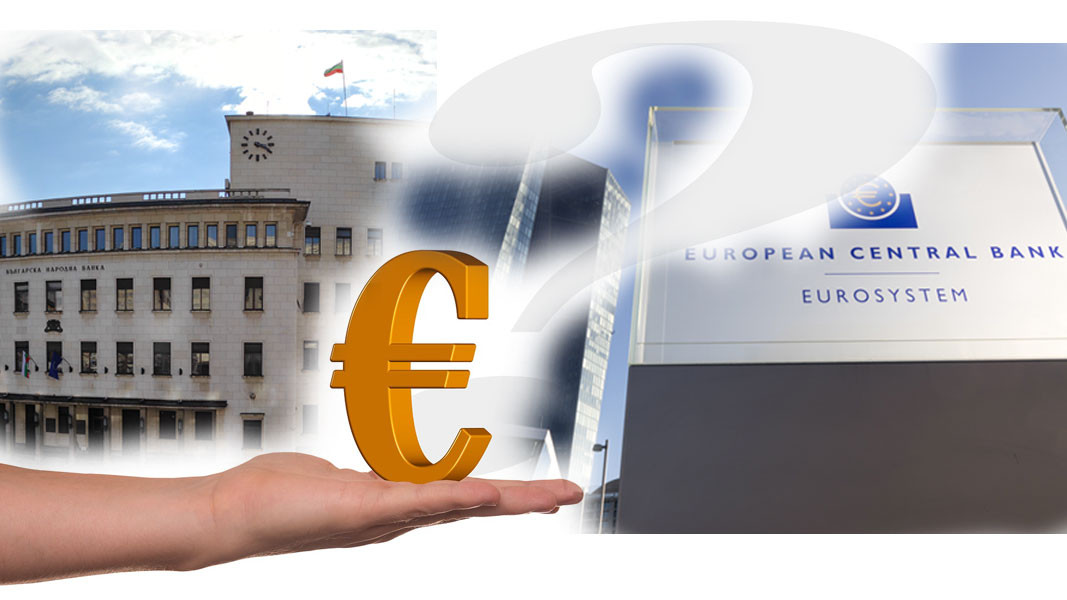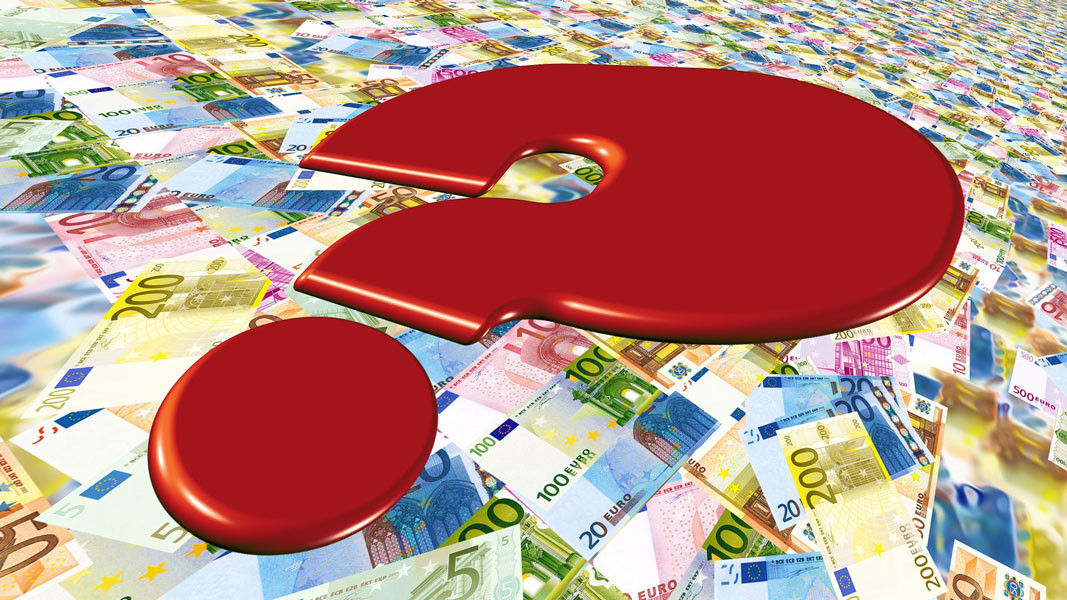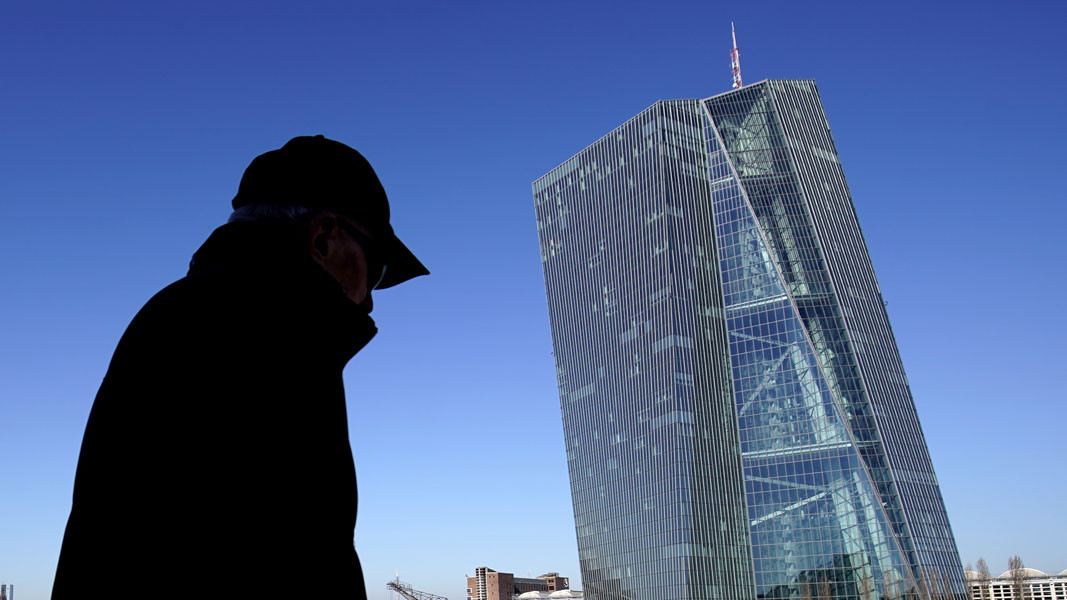Bulgaria’s entry into the Eurozone has, in recent weeks, entered the public domain, and vigorously. In the statements they have been making, government officials, businessmen and experts have even been making mention of the date for the country’s entry – 1 January, 2024.
By signing its EU membership agreement, each member country states it agrees to the adoption of the single European currency. However, there is no deadline for substituting the national currency for the euro. How feasible is the replacement of the Lev with the Euro in 2024, in view of the geopolitical perturbations connected with the war in Ukraine and the accompanying inflation which has been growing more and more appreciable in this country? A question that is difficult to answer. According to the recent European Commission convergence report, Bulgaria cannot join the Eurozone as yet. The Bulgarian National Bank laws are incompatible with the Eurozone legislation, while, at 14.4% y-o-y, inflation in this country is excessive. The requirements are that inflation should not exceed 1.5% of the average for the countries with the best indicators.

“The conditions for joining the Eurozone are connected with stringent parameters regarding the budget deficit, public debt, inflation and the exchange rate, as well as the long-term interest rate,” explains Sofia Georgieva, senior editor at the Balkans department of the Bulgarian news agency BTA, in an interview with the BNR’s Hristo Botev channel.
According to experts, the deficit must not exceed 3% of the GDP.
“Even if you do enter the Eurozone, the inflation and danger of a recession will mean risks. On the other hand, there is hesitancy because people are skeptical of the euro, and this skepticism has been growing over time. So it is up to politicians to convince the public that this is the road that must be taken,” economist Daniela Bobeva comments for the BNR, and adds:
“If we continue spending more than we can afford, then we can hardly expect to attain the budget deficit, the inflation criteria. If we plan enormous spendings in the state budget update, then reaching the criteria would be a difficult thing. The European Central Bank says we are going to have a problem with the inflation criterion. That is why a thorough analysis has to be made to see what kind of policy needs to be pursued.”

Macroeconomist Grigor Sariiski is, as is his wont, critical of the replacement of the Bulgarian Lev with the euro. In a recent televised interview, he once again stated that the country is not yet ready to take such a step:
“The government wants us to enter the Eurozone so as to relinquish responsibility for the fiscal policy. After we joined the EU, every preamble of every new law has begun with the words that we need to harmonize our legislation with European legislation. By entering the Eurozone we shall be doing the very same thing with our monetary policy.”
The macroeconomist explains that until a few years ago, there was no stabilization mechanism in the Eurozone to “atone for the sins” of a foreign country. Now such a mechanism does exist and every member country has to take part in it.
At the same time financier Victor Yotzov, who is an advocate for Bulgaria’s entry into the Eurozone says he is puzzled as to why this country needed 13 whole years to be admitted to the so-called “waiting room”.

“There do not exist any criteria we should accomplish so as to enter the ERM mechanism. That is why I believe the decision was very much influenced by the political element. Be that as it may, during these past 25 years Bulgaria has relinquished any active monetary policy and has been following the European Central Bank. All liabilities of not having our own monetary policy have already been consumed these past 25 years. At the same time, we have not been consuming the advantages of being in a monetary union, such as reducing transaction costs, lower interest rates etc.”
Compiled by Yoan Kolev
In 2023, Bulgaria's GDP growth was 1.9% higher in real terms compared to 2022. This is 0.1 percent more than the initially announced growth of 1.8%, the National Statistical Institute has reported. The chairman of the institute,..
In Brussels, Bulgaria and North Macedonia reaffirmed their commitment to continue the construction of Railway Corridor No. 8 under the TEN-T Regulation, reported the European Commission’s Directorate General for Neighborhood Policy and Enlargement..
A Taiwanese technology giant is negotiating to build a large production facility on the territory of the Trakia Economic Zone near Plovdiv, announced caretaker Minister of Innovation and Growth Rosen Karadimov. He was briefed with the progress of the..
Butter and vegetable oil are the products that have increased in price the most over the year. The retail price of vegetable oil will range between 3..

+359 2 9336 661
